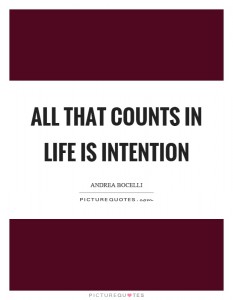(This post contains affiliate links)…
If you’re a teacher, you’ll understand that more often than not, the biggest hurdle to getting your students to perform is the fear that they will face. Fear of making a mistake, fear of standing up in front of their friends and family, and fear of being called out as ‘not being good enough’. What is takes to overcome this is the ability to be vulnerable.
Vulnerability is at the core of the years of research undertaken by American author Brené Brown. Daring greatly is just one of a number of bestselling books that she has written, each highlighting an aspect of her research into the essence of what it takes to be your best self and live a life which is full and true to yourself. In it, Brené focuses on her biggest finding – than in order to live wholeheartedly, vulnerability is not something we can shy away from. Rather than viewing it as a weakness, allowing ourselves to be vulnerable builds courage, engagement and connection which could not be more relevant to our work as musicians, whatever aspect or level we are engaged in.
As well as offering many insights into how we can help ourselves to embrace vulnerability through her research findings, Brené provides a number of honest, sometimes hilarious and sometimes cringe worthy, personal stories which although may not be entirely relatable, certainly offer a perspective on our own thinking in situations when we are called to be vulnerable. Her style throughout is one which never makes the reader feel inadequate, yet gently persuades even the most staunch advocate for a stiff upper lip to explore to benefits of wearing your heart on your sleeve. And I think that’s something that the world could always do with more of.



